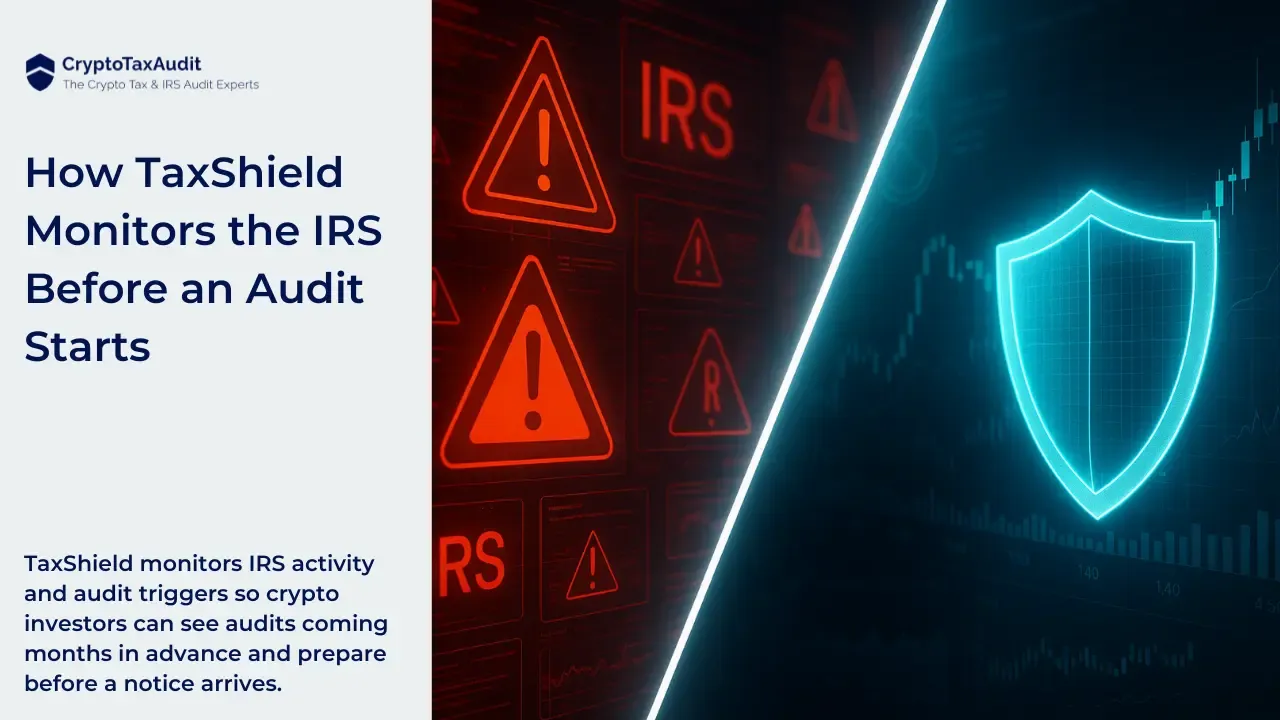
Learn how crypto artists are taxed on their NFTs (non-fungible tokens) after registering on SuperRare. What does the IRS know about these transactions?
NFTs, or non-fungible tokens, are exploding.
What are the tax implications of this NFT explosion?
First, IRS Notice 2014-21 defined cryptocurrency as property. Specifically, it is considered a digital asset (a virtual currency). Those are treated as property. General tax principles applicable to property transactions, therefore, apply to digital assets like NFTs.

Property is taxed on the gain.
Property is taxed based on the gain you receive between the purchase price and the sales price, less any transaction costs. This applies to NFTs as well. Let's break it down.
Say, for example, you produce a colorful picture of the Boston skyline using your iPad. You can register the image as an NFT on SuperRare. Much to your surprise, someone buys it for $10,000. Upon hearing this, you pass out on the floor.
While unconscious, you dream that an IRS agent in a dark jacket and sunglasses appears at your door and asks for taxes on your $10,000 windfall. He wants $2,200 because you are in the 22% tax bracket.
When you wake up, you contact CryptoTaxAudit for a consultation.
How is this NFT gain reported on your tax return?
NFT income is considered a home business that is reported on Schedule C. The income is $10,000.
The following expenses can be listed:
- SuperRare takes an 18% commission or $1,800.
- You incurred $300 of Ethereum “gas fees” creating the NFT plus other transactional fees totaling $400.
- Also, you incurred some expenses in creating the art of $500.
- You paid $1,100 for a fully loaded latest iPad Pro with Pencil for color artwork. Section 179 deductions allow the claiming of the full cost in the first year instead of depreciating over time.
- You deduct as an education expense the $200 online course you took on becoming an NFT artist.
- You also deduct $1,500 spent on professional legal and tax fees for operating your business.
- Not only that, but you also deduct $1,500 for your business' home office using the safe harbor deduction of $5 per square foot up to 300 square feet.

Thus, the profit from your business on Schedule C is $3,000. This amount is transferred to your Form 1040 and taxed at your marginal rate of 22% for a tax owed of $660. Yes, deductions can be your friend when it comes to taxes.
How are NFT royalties taxed?
Let's say that the buyer of your piece of art resells it for $30,000. You may be entitled to a 10% royalty from the transaction of $3,000. This income is reported on Schedule E-Royalty income.
In this example, the gas may have been $50, so your net royalty income is $2,950. This amount is transferred to your Form 1040 at a 22% tax bracket for an additional tax of $649.
Does the IRS know about your NFTs?
At year's end, SuperRare may send the IRS a Form 1099 to report the payout to you. It’s best if you assume the IRS know about your gains, either now or at some point.
How do you protect yourself from the IRS?
CryptoTaxAudit uses breakthrough technology that lets you know if the IRS intends to audit you six months before the audit starts. That is enough time to protect yourself. But you need to take action.
Learn more about IRS Guard Dog, our flagship membership program, to stay alerted to what the IRS is up to.
DISCLAIMER: Opinions and perspectives of the author, host, and guests. It should not be construed as U.S. taxpayer advice. There are often multiple interpretations of tax law. Various strategies may be suited to specific individuals and for particular situations. Seek out professional tax, legal, or financial advice from CryptoTaxAudit or from other reputable companies.





